Editorial: Why are African-American Authors Frequently Banned?
A Critical Look at the Impact of Books by African-American Authors Being Challenged in Schools
A collection of books that are currently on the ALA Office of Intellectual Freedom challenged book list.
March 7, 2022
Educating students on the diversity of art is essential to learning. February was Black History Month which is meant to celebrate, honor, and commemorate the accomplishments and contributions of African Americans throughout time. February is over, but black history continues daily. Education on African-American art and historical significant events continues; however, many African-American authors’ books are now being banned from schools and libraries across the country. How will people learn about African American culture and history when certain black authors are consistently getting banned from schools?
The impact of African Americans has been monumental in shaping today’s society. Events such as the Abolitionist Movement, Plessy v. Ferguson and the Civil Rights Act of 1964, have been the predecessors for reforming the society in which we now live. Today, schools acknowledge slavery, prejudice and racism, teaching that these issues are a part of the past. If education surrounding the history of African-Americans is celebrated and required, then why are so-called “problems of the past” as seen through literature being suppressed by schools today?
An unfortunate example of the banning of Black authors is the removal of Nobel Prize winning author Toni Morrison’s novels. Morrison’s books portray racism and slavery in a clear way. Morrison doesn’t sugarcoat the past. In her novel, Beloved, Morrison portrays a heartbreaking story about a former slave named Sethe as she reminisces on her journey through slavery. Sethe continues to be surrounded by the trauma of slavery even after she escapes it. Life on a plantation strips her of her confidence, and the removal of confidence and surety carries on to other parts of her life. Sethe’s life consists of struggles when she tries interacting with the people around her. Additionally, she has to deal with the loss and guilt of losing her child to the cruelty of slavery. Unlike others, this book doesn’t produce a “whitewashed” account of history and shows the gritty details.
Another book by Morrison, The Bluest Eye, is about a young girl, Pecola, struggling to find beauty in her own race. Set after the great depression, her home life is unstable as both of her parents hold similar views on beauty and self worth. She idolizes the white child actress Shirley Temple, and she feels if she had blue eyes, her family and those around her would appreciate her more. A prominent theme in both these novels is racism’s impact on personal identity which. In our society, it still remains.
The importance of the topics in Beloved, The Bluest Eye, and similar books gets undermined by those trying to ban them from schools entirely. So the essential question is: why are so many books by Black authors getting banned? Many people think that the topics presented in such books are “sensitive” and inappropriate in school settings leading to questions such as: what warrants such sensitivity? Students are taught about World Wars and rebellions full of violence and harsh realities; so, why are the equally harsh realities of enslavement and racism that is depicted in literature being blocked?
A recent book ban in Waynesville, North Carolina stirred up similar questions. After Tim Reeves, a parent, complained about there being explicit language in the book Dear Martin, Tuscola High School banned it from their curriculum. This may seem like a fair argument, however, explicit language is not entirely removed from the majority of high school English classes. Popular books written by white authors, such as To Kill a Mockingbird and Of Mice and Men, present sexual situations as well as explicit language and are still actively being taught today. For reference, Dear Martin has only five accounts of explicit language. As compared to the former it is much more tame. The book explores police brutality and its association with race as well as the stereotypes that African Americans face on a daily basis. With the uproar of the Black Lives Matter movement in recent years, the book is an important work that illustrates relevant information occurring in today’s society.
Unfortunately book-banning, especially of certain Black authors, is not a new concept. Texas State Representative Matt Krause even released a list of 850 books that aren’t to be taught in Texas schools with a good majority of them having to deal with race. Censorship is taking away from millions of students’ education and it is something no curriculum should have to, or want to, uphold.
**Note: These books are available to check out in our Media Center, and they are not banned at Green Hope High School. The American Library Association’s (ALA) Office of Intellectual Freedom lists the most challenged book titles. Go to the website HERE to learn more and search for challenged books.





































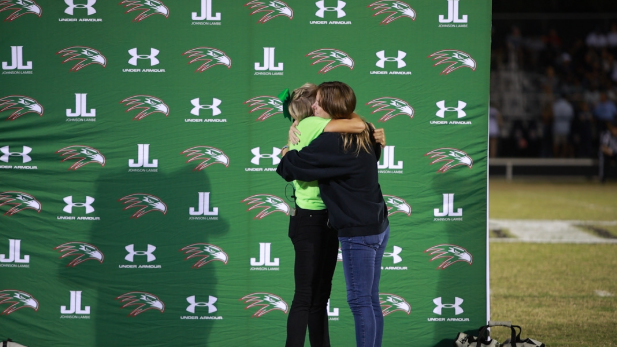
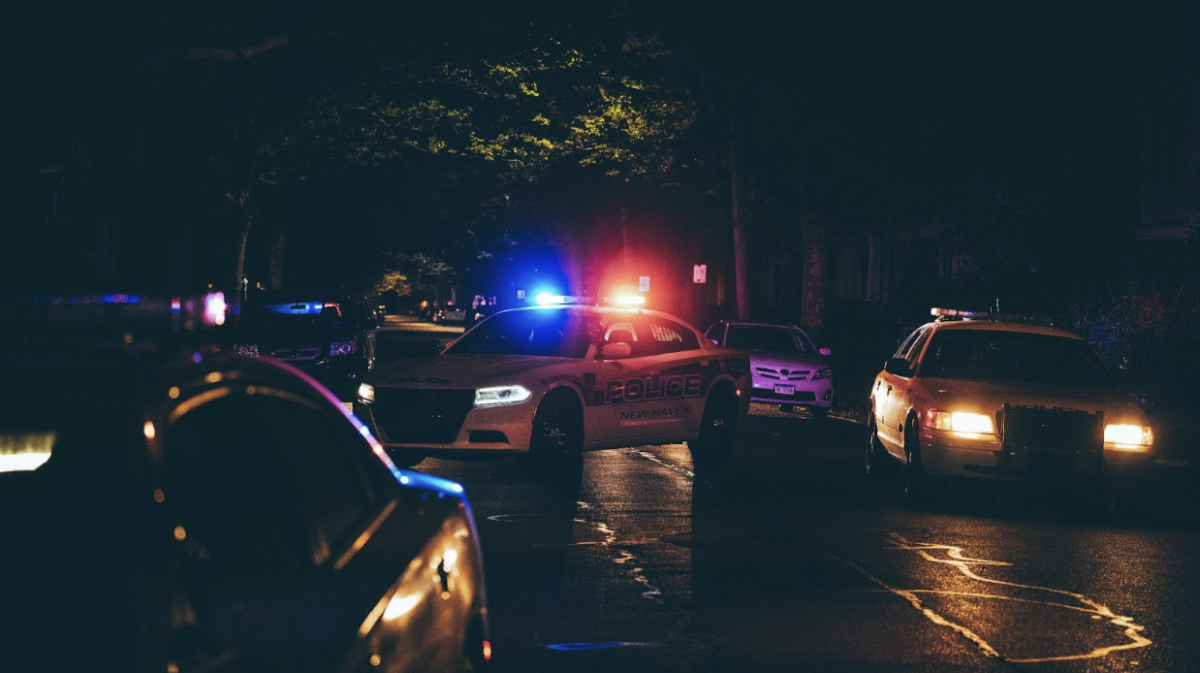


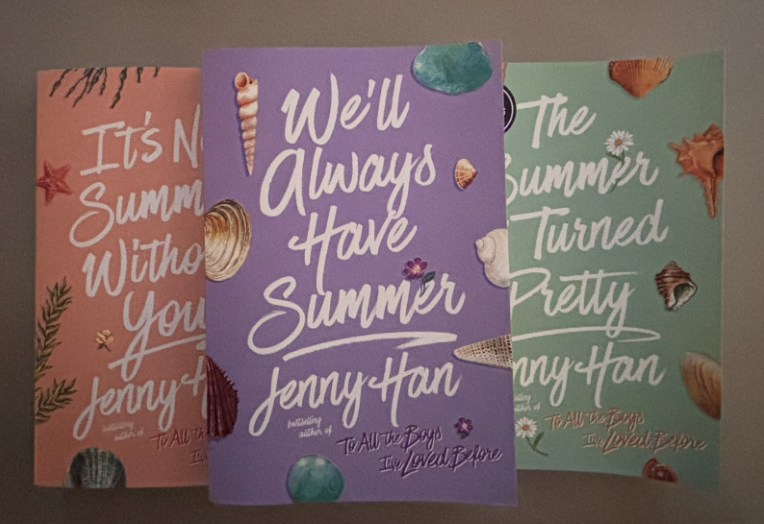
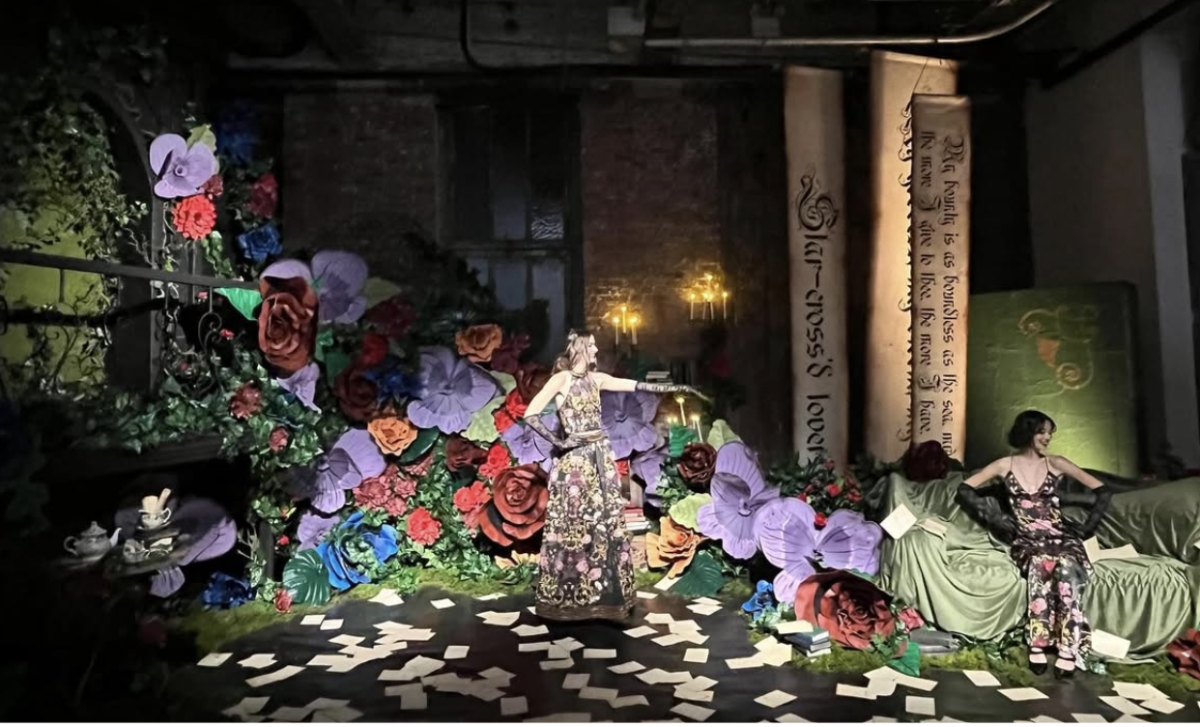































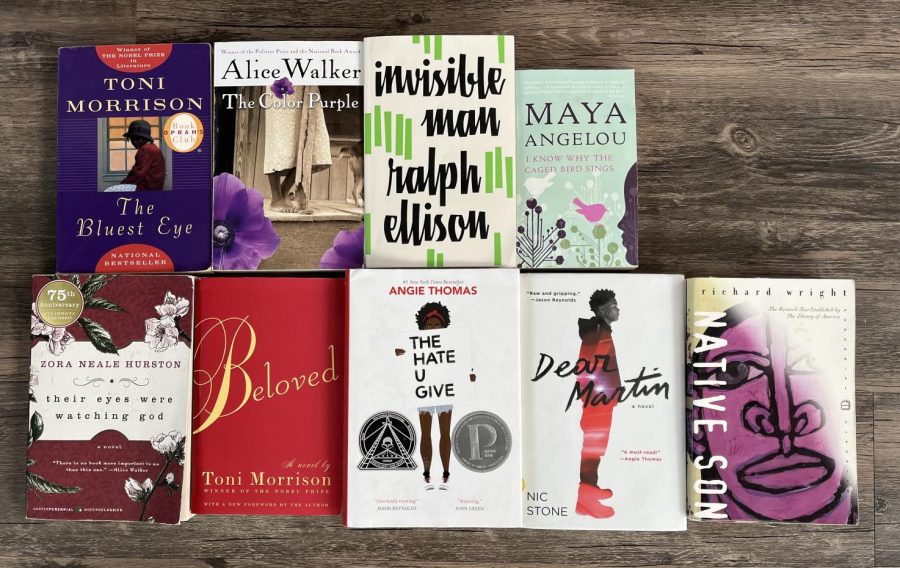

KP • Mar 17, 2022 at 2:21 am
Very well rounded article with research on popular acceptance and hitting on perception based choices of schools in giving access to not just books but the part of history to students.
adviser • Mar 17, 2022 at 7:25 am
This is such great feedback – we so appreciate it.
Akhilesh Mandal • Mar 16, 2022 at 3:57 pm
Very well written!!!
adviser • Mar 16, 2022 at 8:43 pm
We so appreciate your feedback!
Mrs. Freeman • Mar 11, 2022 at 8:47 am
Well done! I appreciate the coverage of both “classic” and recent books here.
adviser • Mar 11, 2022 at 9:52 am
We so appreciate your feedback!
eesha • Mar 7, 2022 at 10:44 pm
10/10
adviser • Mar 8, 2022 at 8:11 am
We so appreciate this feedback!